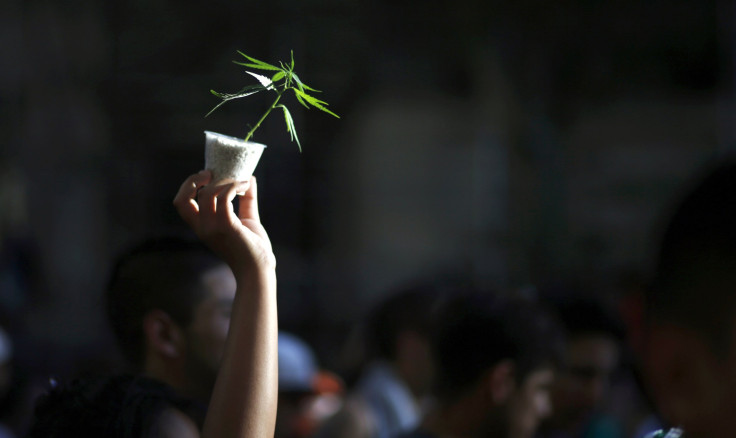Medicinal Marijuana May Help Cure Children With Severe Epilepsy

Recent research found that a liquid form of therapeutic marijuana can provide cure to children with treatment-resistant epilepsy. The said study will be presented at the American Academy of Neurology's 67th Annual Meeting in Washington, DC in late April.
The research team conducted the study by first gathering 213 toddlers and adults with a median age of 11. The participants have 12 types of severe epilepsy, including Dravet syndrome and Lennox-Gastaut syndrome. These syndromes cause the patient to experience intellectual impairments and seizures that occur throughout life.
The study subjects were administered with a component of marijuana called cannabidiol, which does not cause psychoactive effects. It comes in a liquid form, and is administered daily per orem for 12 weeks. The participants were well aware that they were given the drug as part of an open-label study to identify the effectiveness and tolerability of the drug.
Throughout the course of the study, the researchers monitored the participants for seizures, taking note of the frequency while taking the drug. It was found that there was an average decrease of 54 percent in seizure episodes among 137 of the participants throughout the study. A decline of 53 percent in the incidence of seizure episodes among the 23 participants with Dravet syndrome have also been noted. The 11 participants with Lennox-Gastaut syndrome experienced an abrupt cessation of muscle tone, as attributed to the 55 percent drop in the frequency of atonic seizure episodes. Conversely, six percent of the participants had to stop taking the medication due to side effects, including drowsiness, diarrhoea, tiredness and loss of appetite.
"So far there have been few formal studies on this marijuana extract," said study author Dr Orrin Devinsky of New York University Langone Comprehensive Epilepsy Center, and a fellow of the American Academy of Neurology. "These results are of great interest, especially for the children and their parents who have been searching for an answer for these debilitating seizures." He notes that the study is still in its early stages, and that the initial findings they gathered should be supported by a wider group of double-blind and placebo-controlled trials to determine the drug’s efficacy.
To contact the writer, email rinadoctor00@gmail.com





















